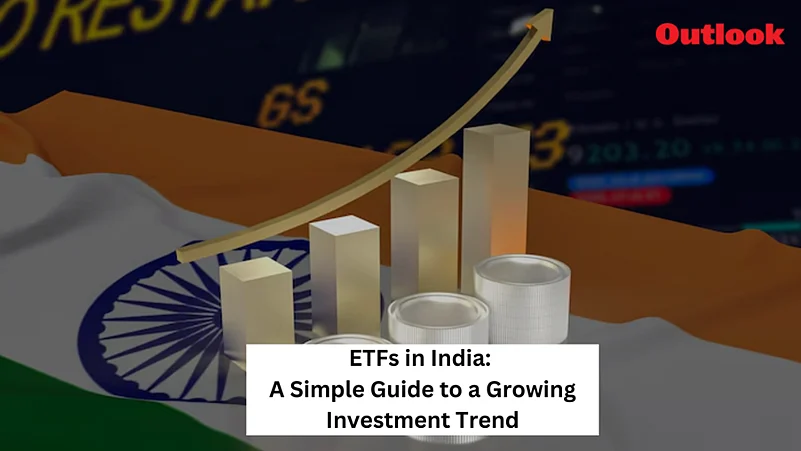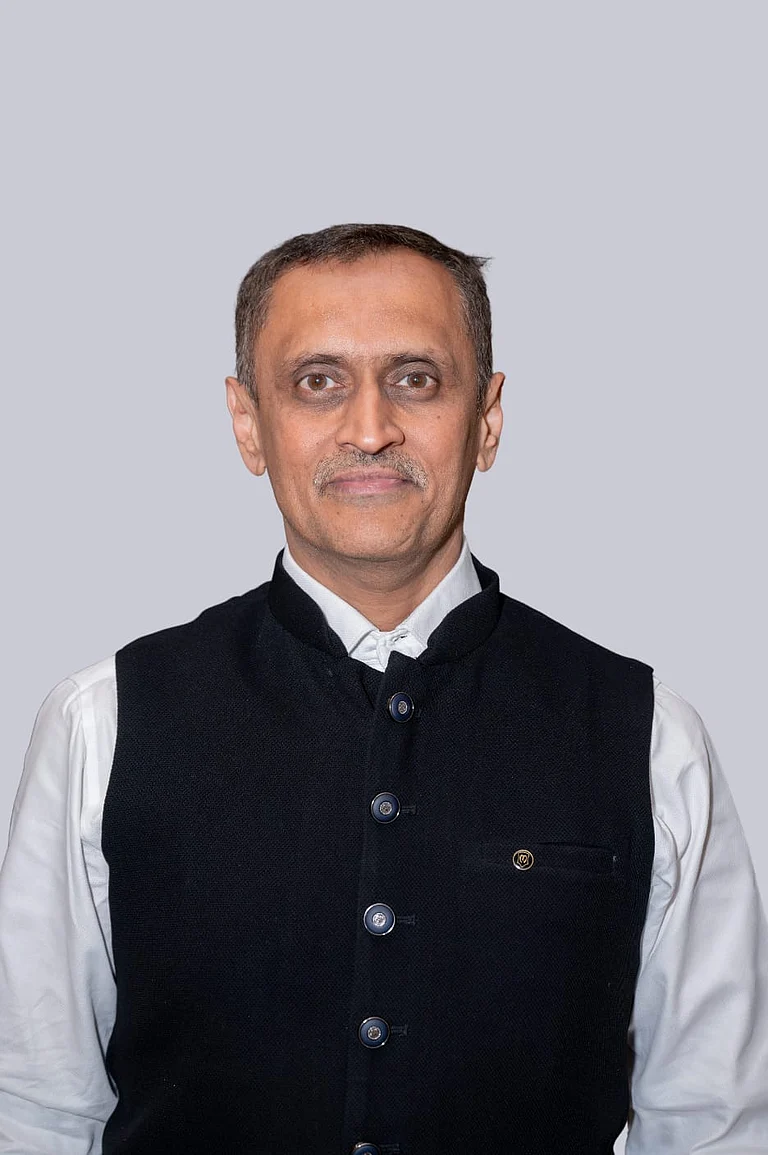In the last couple of years, a new kind of investment has come up which is attracting Indian investors—ETFs, or Exchange-Traded Funds. With growing numbers of individuals learning about how financial markets work and technology making it easier to invest, ETFs are becoming a more popular choice among a lot of individuals to invest in their finances in a fair and effective way.
What Are ETFs?
An ETF, or Exchange-Traded Fund, is an investment fund that possesses a portfolio of dissimilar assets. They can be stocks, bonds, commodities, or a mix of various financial securities. Unlike mutual funds, which are traded once a day, ETFs are traded passively like ordinary shares. That means their prices fluctuate higher and lower throughout the day based on supply and demand.
That is, when you put money into an ETF, you are not putting money into a single stock. Rather, you're putting money into a slice of a huge basket of stocks. This minimizes the risk because if one stock in the basket loses money, the others will gain more and make up for the loss.
Why Are ETFs Becoming Popular in India?
There are a number of reasons why ETFs are becoming increasingly popular among Indian investors. One of the chief reasons being the greater awareness regarding the need for low-cost and diversified investments. The majority of the investors are looking for simpler alternatives that don't include them selecting and maintaining individual stocks or taking the time to monitor the market.
ETFs provide an easy way to get exposure to a wide portfolio of investments in a single transaction. Because they mirror a particular sector or index, say Nifty 50 or banking, investors can monitor the performance of their ETF by simply monitoring the underlying index.
Another factor is the increasing use of digital platforms for investment. With mobile apps and online trading becoming increasingly convenient, it has never been simpler to buy and sell ETFs.
How Are ETFs Different from Mutual Funds?
Both mutual funds and ETFs allow investors to invest in a portfolio of assets, but they function differently. Mutual funds are traditionally managed actively by fund managers, who try to select the best-performing stocks. These managers typically charge more commission for their work.
ETFs, nonetheless, are mostly passively managed. That is, they attempt to track the performance of a given index and not try to outperform it. Therefore, ETFs also have lower expense ratios and management fees.
ETFs are more flexible in addition to that. They can be traded at any point within trading hours, just like shares. Mutual funds are only bought or sold at the end of the trading day.
Who Should Invest in ETFs?
ETFs are the right investment for a wide range of investors—most significantly, newer investors or individuals who wish to implement a low-risk, long-term approach. They work well for those who would like to start investing with minimal amounts of money since a few ETFs are a low-ticket or fractional investment.
Yet another group of investors who may gain from ETFs are those who have neither the time nor the expertise to read through individual stocks or stock market news daily. Since ETFs mirror bigger markets or sectors, investors still get to enjoy exposure to the market without needing to make frequent decisions.
Having said that, like with any investment, ETFs also carry risks. Volatility of the market can affect ETFs, especially sector-specific ETFs. Always get to understand what the ETF covers and which market it belongs to before putting your money in.
The Future of ETFs in India
The Indian money market is going through a phase of explosive transformation. With more retail investors entering the market, there is greater focus on transparency, convenience, and cost. ETFs fulfill all these parameters, which is why they can be anticipated to have an even bigger impact on the way Indians invest in the future.
Institutions and regulators are also facilitating the growth of ETFs by introducing more products and promoting awareness. New types of ETFs, such as those focusing on global markets, thematic, or bond, are being introduced. This provides further scope for investors to diversify their investments and save for long-term goals like retirement, education, or home purchase.
At the same time, financial literacy is growing. With more people seeing the value in saving and investing, ETFs are emerging as a trustworthy tool that aligns well with the investor requirements of the present day.
Conclusion
Exchange-Traded Funds might appear complicated at first, but are actually a smart and simple way of investing. They offer the best blend of flexibility, price, and diversification. As India's investment culture continues to expand, ETFs are turning out to be a sustainable option for modern investors who want to make wise, well-informed investments with their capital.
For anyone new to investing, learning about ETFs can be a great beginning when it comes to gaining an education about how markets work and accumulating long-term wealth with less stress and greater confidence.

























